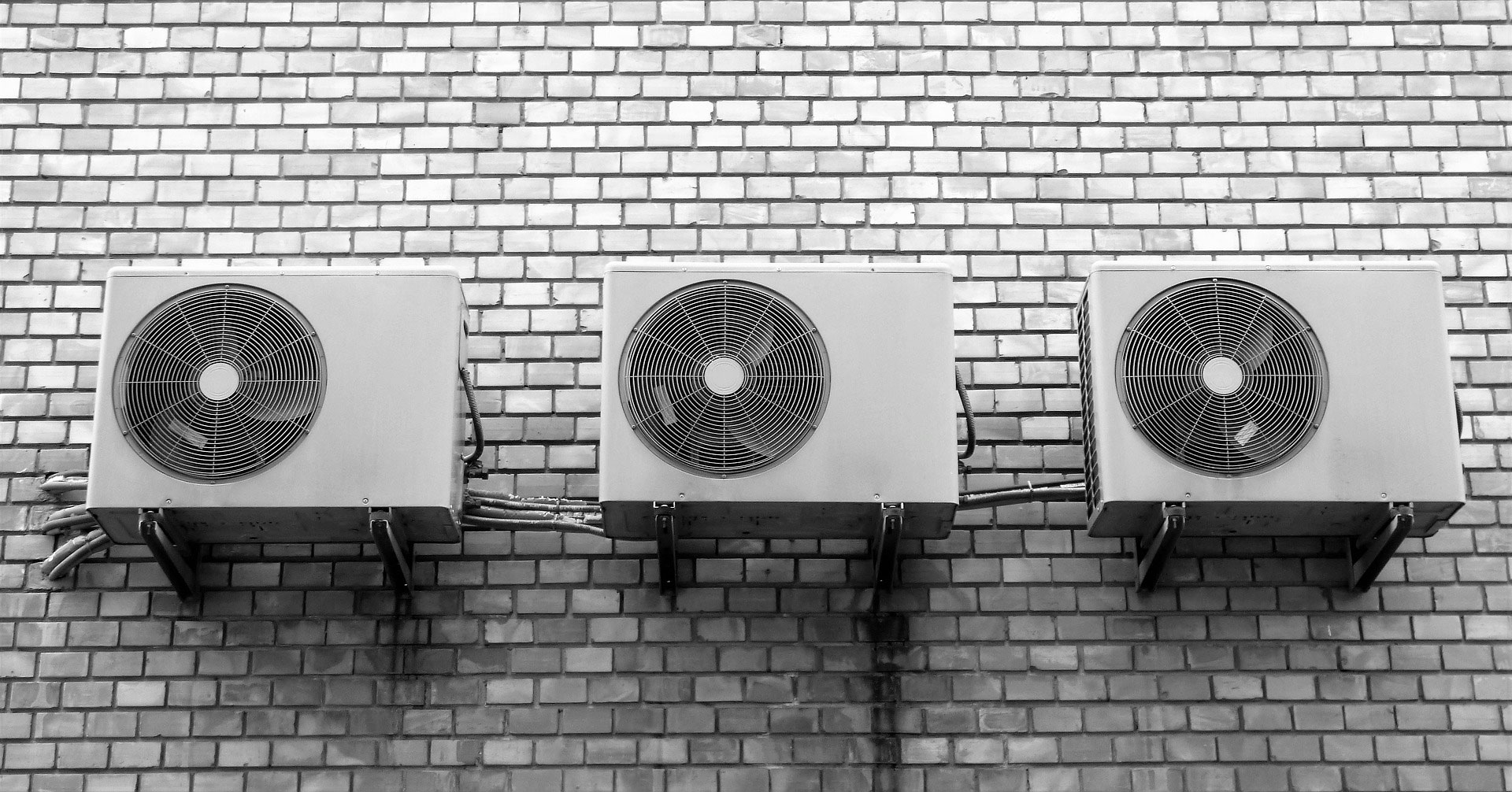Buying an aircon is one of the best (yet priciest) investments in personal comfort in this hot and humid country we call the Philippines. As such, it is in the owner’s best interest to protect their investment so that it will be of service for a long time. This is why people schedule annual preventive maintenance checks, and some buy air conditioner covers to protect their unit from the elements. However, is an air conditioner cover worth it?
You can get by without buying an air conditioner cover as an AC’s outdoor unit is designed to withstand the elements. However, putting a cover on your AC won’t hurt it either. Just make sure that you purchase a breathable cover, as if the cover is made from a non-breathable material, it can prevent moisture from evaporating from the body of your AC, and may eventually lead to molds and corrosion.
In this article, we will discuss the merits and demerits of investing in an air conditioner cover, and help you decide whether or not it’s worth it.
What is an air conditioner cover?
An air conditioner cover is second layer of protection made from water-proof materials to protect your unit from the outdoor elements. It shields the outdoor unit from rain and prevents debris and rodents from coming in to the mechanism so that they won’t cause any damage.
These covers are available for both window type and split type models.
Do you need to cover your air conditioner?
Long story short: using an air conditioner cover is not necessary, but they are not entirely useless either.
Outdoor units are designed to withstand the elements without corroding. Most of these units also have an ingress protection rating of 4 (IPX4), which means that the unit is protected against water splashes from all directions.
| IP Rating | Description |
| IPXX | No data |
| IPX0 | No Protection |
| IPX1 | Protection from dripping water and condensation |
| IPX2 | Protection from dripping water when tilted at 15° |
| IPX3 | Protection from spraying water when tilted at 60° |
| IPX4 | Protection from splashing of water from any direction |
| IPX5 | Protection from water jets from any direction |
| IPX6 | Protection from strong water jets from any direction |
This also means that the outdoor unit is already reasonably protected from rain, which may make the air conditioner cover to not seem worth investing in.
However, while the outdoor unit does have protection against liquids, it does not have protection against objects from coming inside its body. This will leave it susceptible to debris and critters that may get lodged inside its mechanism and wreak all sorts of havoc.
It may be worth it to invest in an air conditioner cover if you are concerned with foreign objects from entering the body of your air conditioner. The added protection from water is also a plus (however unnecessary it is).
Can you use an aircon while it is covered?
You shouldn’t use your air conditioner while it still has the cover on its body.
An aircon, as with most appliances, need ventilation for it to work without overheating. If you forget to remove the cover before using the AC, the flow of hot air expelled by the condenser fan may be impeded, and cause the AC to overheat.
What kind of air conditioner cover should you but?
You should look around for a water-proof yet breathable material. Never use plastic to cover your AC, as it will prevent water from evaporating, and thus cause your outdoor unit to corrode over time. It can also cause molds to grow on or inside the unit.
There are air conditioner covers available in Lazada for both split type and window type models. They are made from umbrella fabric or polyester; aside from being water-proof, they are breathable as well.
When should you cover the air conditioner?
As stated earlier, you can get by with no cover for your aircon. However, there are times when covering up your unit will be the most sensible thing to do. Here are those situations:
During a storm
With the number of storms that batter the Philippines every year, it may be wise to cover up your unit. During a severe storm, debris like leaves, twigs, small plastic bits, and even small pebbles can get thrown around by the gust, and these can lodge themselves inside the body of your air conditioner.
If your outdoor unit is on the ground
Most outdoor units are slung on brackets attached to the wall. Aside from freeing up floor space, this also prevents small animals from climbing inside the outdoor unit and lodging themselves in, potentially leading to a messy (and smelly) cleanup.
This is not the case for outdoor units that are standing on the ground. And hence why you may need to cover up your unit especially if you have a bad case of rat infestation.
Conclusion
Now that we’ve given you some of the merits and demerits of an air conditioner cover, you are now in a better position to decide whether or not it is worth it for your case or not.
People cover their ACs to help extend their lifespan. While a cover may help, nothing beats regular cleaning an maintenance to keep your aircon in tip-top shape.
Sources
- Wikipedia contributors. (2020, December 11). IP Code. Wikipedia. https://en.wikipedia.org/wiki/IP_Code
Miguel Mores worked for 5 years as a member of the product management team for a home appliance company in the Philippines. He started 101appliance to answer the most common customer questions that he has encountered during his time in the industry. He now works in the digital marketing field and manages a small online bookstore on the side.
